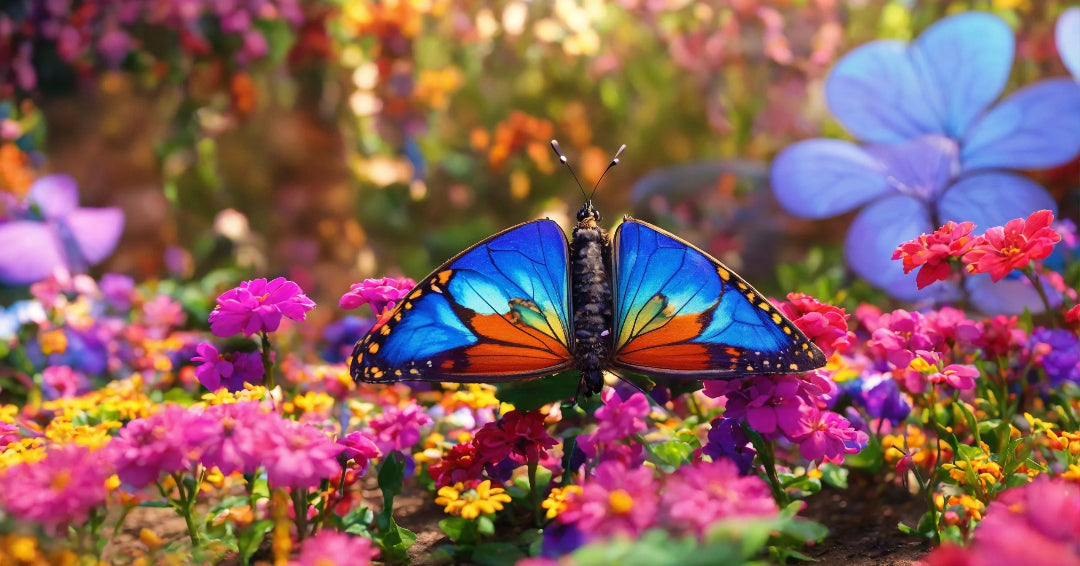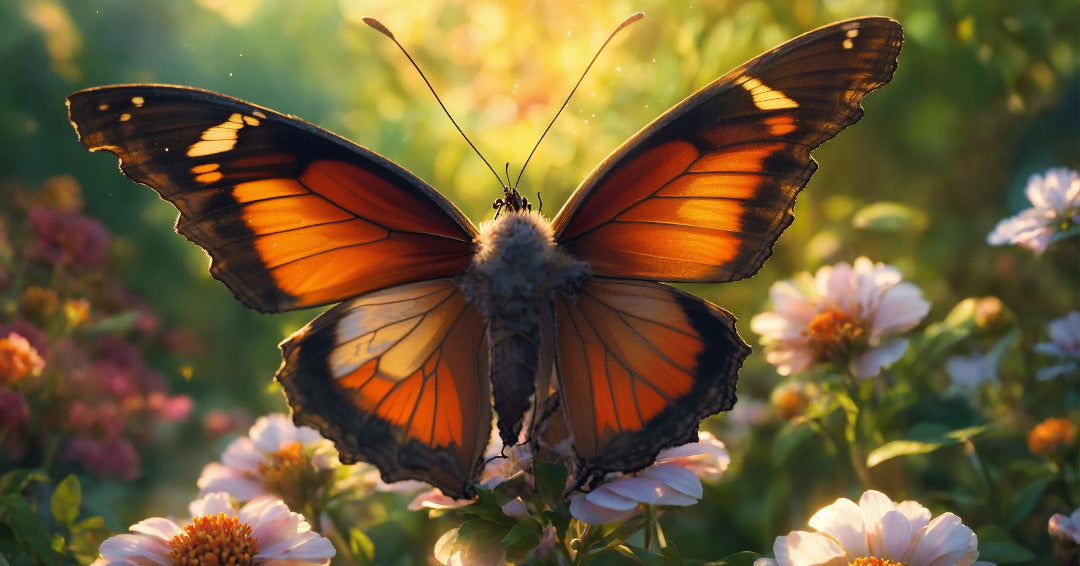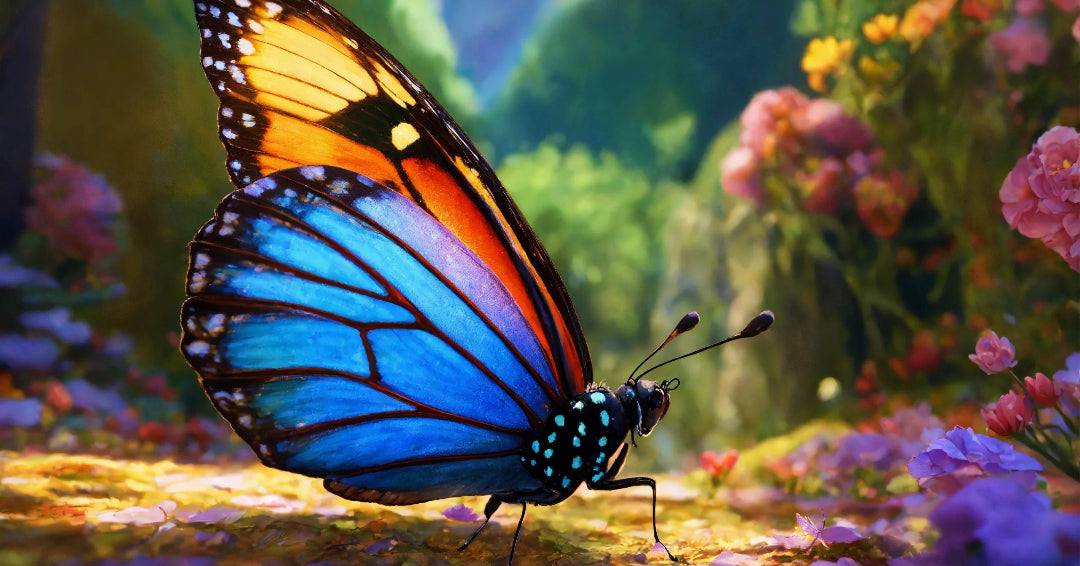
When do butterflies die?
Butterflies, as symbols of ephemeral beauty and transition, go through an enthralling life cycle, from egg to caterpillar to chrysalis to mature butterfly. However, butterflies, like all living things, are not immortal. The time they die is a frequently forgotten component of their existence. But the question is : when do butterflies die ? In this post, we'll go over the various stages of the butterfly's end-of-life process, the elements that influence it, and the critical part it plays in the natural cycle.
1- When butterflies die is explained by their aging process
Even though the adult butterfly is wonderfully colorful and fragile, it is not immune to the effects of time. Butterflies, like all living things, age naturally, which impacts many parts of their lives. Several factors influence butterfly aging:
1-1 Wear and tear of the wings contribute to the death of butterflies
Butterfly wings can degrade over time as a result of wear and tear caused by weather, predators, and the different impediments encountered throughout their outdoor life.
1-2 Decreased physical abilities accelerate mortality in butterflies
As butterflies age, their physical abilities deteriorate, including muscle strength and agility, which might impair their ability to fly.
1-3 Decreased fecundity initiates a premature termination of butterfly life
The ability of butterflies to reproduce may decline with age. Females may deposit fewer eggs, and male sperm quality may be compromised.

2- The season influences when butterflies die.
The season has a considerable impact on butterfly lifetime. Most mature butterfly species have brief lifetimes, often ranging from a few days to a few weeks. However, it is important to remember that this period might vary depending on a number of circumstances, including the season:
2-1 Summer butterflies die more quickly
During the hot summer months, some butterflies emerge. Their lifespan may be shortened because the energy required for flight and mate search is heavily consumed.
2-2 Winter butterflies die a later death
Some species, such as monarch butterflies, move considerable distances in the autumn to avoid the harsh winters. During this journey, they can be in a state of diapause, or slumber, for several months.

3- When butterflies die, it's only natural
The death of a butterfly is often natural and unavoidable. Several scenarios could result in their natural death:
3-1 When butterflies die, it's sometimes due to predation
Butterflies are frequently preyed upon by birds, spiders, reptiles, and other predators. In the animal realm, predation is a natural cause of death.
3-2 When butterflies die, it's also attributable to weather conditions
Extreme meteorological conditions, such as storms, strong winds, or torrential rain, can be harmful for butterflies, particularly those with worn-out wings.
3-3 When butterflies die, it's sometimes a result of Genetic Defects
Some butterflies are born with genetic abnormalities that reduce their life expectancy. These abnormalities can be inherited or caused by spontaneous genetic alterations.
3-4 When butterflies die, it's usually because of lack of food
Butterflies frequently feed on flower nectar. Inadequate access to adequate food sources can result in premature death.

4- When butterflies die, it's also linked to a decline in their reproductive capacity
Reproductive senescence is a critical stage in the life of a butterfly. Butterflies frequently dedicate a large portion of their energy on reproduction. Their ability to procreate may decline after a certain number of egg clutches. The butterfly may spend its final days hunting for a mate, reproducing once more, and finally dying peacefully.

